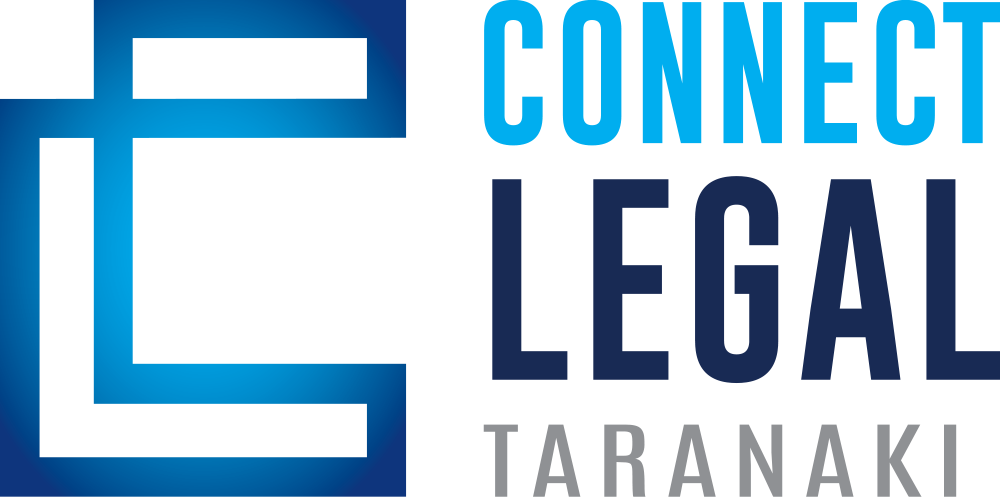Fair Pay Agreements Bill on the table
The long-awaited Fair Pay Agreements Bill was recently introduced in Parliament proposing a framework for collective bargaining of fair pay agreements (FPA).
What is an FPA? An FPA is an agreement that establishes mandatory minimum employment terms (such as wages or hours of work) across an entire industry or occupation that exceed the minimum entitlements outlined in employment law. Currently, an employer and employee are free to negotiate the terms of employment without being subject to fair pay obligations, provided the minimum entitlements in employment law are met.
What is the FPA process? A union initiates the bargaining process by applying to the Ministry of Business, Innovation and Employment (MBIE). If MBIE approves the application, the union begins bargaining with an employer association (that represents employers in the relevant industry).
What does this mean for employers? If the negotiation is successful, all the employers in an industry covered by an FPA would have to provide their employees with at least the minimum entitlements required by the FPA, regardless of whether the employer engaged in the bargaining process.
The Bill also proposes granting employees and unions other rights such as the right for a union to enter a workplace without an employer’s consent to meet with employees to discuss FPAs. This may be confronting to some employers, particularly smaller businesses that may be new to collective bargaining.
Next steps: Public submissions on the Bill closed on 19 May 2022, so we now await the Select Committee’s report. The Bill is expected to become law by the end of 2022.
Proposed legislation to address modern slavery and worker exploitation
The government has released a consultation paper proposing new legislation to reduce modern slavery and worker exploitation in New Zealand and internationally. As currently proposed, the legislation may have a material impact on the way businesses operate in this country.
The paper defines ‘modern slavery’ as severe exploitation that a person cannot leave due to threats, violence or deception, including forced labour, debt bondage, forced marriage, slavery and human trafficking. ‘Worker exploitation’ is behaviour that causes material harm to the economic, social, physical or emotional well-being of a person, which essentially includes non-minor breaches of New Zealand employment standards (such as providing no less than minimum wage or annual holiday entitlements).
The legislation as proposed would require:
- Organisations to take action if they become aware of modern slavery or worker exploitation in their operations or supply chains
- Medium and large organisations to report on steps they are taking to address modern slavery or worker exploitation in their operations or supply chains, and
- Large organisations to undertake due diligence to prevent, mitigate and remedy modern slavery and worker exploitation in their operations and supply chains.
Although this proposed legislation is not yet law, businesses should start considering now how these changes will affect the way they operate, and the consequences associated with any breach such as monetary penalties and reputational risk. MBIE is currently accepting submissions on the proposals, which can be emailed here before 5pm on Tuesday, 7 June 2022.
Incorporated societies – what’s next?
After many years of consultation and deliberation, the new Incorporated Societies Act 2022 was finally passed on 5 April 2022. The Act’s changes will affect all of New Zealand’s 23,000+ societies.
The legislation puts in place a modern framework of legal, governance and accountability obligations for incorporated societies and the people who run them.
All existing societies have at least until 1 December 2025 to ensure their constitution complies with the new requirements and to apply to re-register under the new Act. Societies that do not re-register by that date will be removed from the register.
Although the Act is now in place, there are still regulations to be developed before existing societies can start the re-registration process. These regulations are expected sometime in the next 12 months.
We can help if you are unsure of your obligations under the Act or would like some help with the transition.
Next stage of vaping legislation coming into effect
Changes made to New Zealand’s vaping laws are being phased in, with the next changes taking effect over the coming months. The latest changes require all packaging for smokeless tobacco products and vaping products containing nicotine to include specific labels warning of the health dangers and addictive nature of the products. Critical dates for this labelling are:
- 11 May 2022: manufacturers and importers (should be achieved by now)
- 25 June 2022: distributors, and
- 11 August 2022: general and specialist vape retailers.
The staged approach is to allow for stock rotation of products with non-compliant packaging.
You can find more information on vaping regulation here or don’t hesitate to talk with us if you need some help.
DISCLAIMER: All the information published in Commercial eSpeaking is true and accurate to the best of the authors’ knowledge. It should not be a substitute for legal advice. No liability is assumed by the authors or publisher for losses suffered by any person or organisation relying directly or indirectly on this newsletter. Views expressed are those of individual authors, and do not necessarily reflect the view of this firm. Articles appearing in Commercial eSpeaking may be reproduced with prior approval from the editor
and credit given to the source. ©NZ LAW Limited, 2022. Editor: Adrienne Olsen, Adroite Communications. E: adrienne@adroite.co.nz. M: 029 286 3650.



